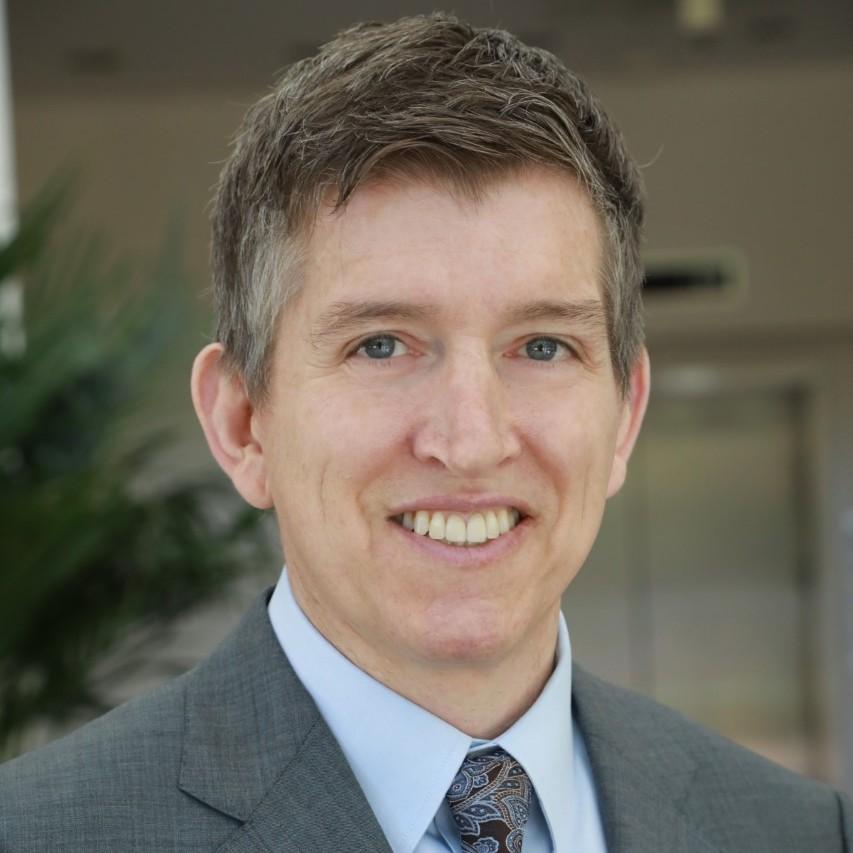
Peter Poullos, MD
Co-Founder and Co-Chair
Dr. Peter Poullos received his M.D. degree at the University of Texas Medical School at Houston. He completed his Internal Medicine residency at the University of California-San Francisco in 2002. He stayed at UCSF as a Gastroenterology fellow, but he decided to retrain in Radiology after a spinal cord injury in 2003. As an incomplete quadriplegic, he did his Radiology residency at Stanford University and completed a fellowship In Body Imaging in 2009. Dr. Poullos is now faculty in both Radiology and Gastroenterology and Hepatology departments.
In 2018, he founded the Stanford Medicine Abilities Coalition (SMAC), now the Stanford Medicine Alliance for Disability Inclusion and Equity (SMADIE), for which he serves as Co-Chair. In that role, Dr. Poullos advocates for students and healthcare providers with disabilities and for health equity for disabled patients. He is a Faculty Advisor to the Stanford Medical Students with Disability and Chronic Illness (MSDCI) and the MSDCI National organizations.
Dr. Poullos and SMADIE have made significant contributions to the disability community, including starting the Stanford Conference on Disability in Healthcare and Medicine, drawing over 1000 participants from 39 countries. He is the Co-Host of the popular “DocsWithDisabilities” podcast, has spoken internationally about disability access in medicine, and has written and researched in the field. He is an invited delegate to the International Congress On Disability Inclusion and Health and Disability Inclusion in Graduate Medical Education (DIGME). He co-founded the Disability Research in Academic Medicine (DREAM) Consortium. One of his proudest achievements is co-creating the Disability in Medicine Mutual Mentorship Program, serving the needs of disabled medicine and healthcare students and practitioners. In 2022, Dr. Poullos received the Stanford President’s Award for Excellence through Diversity. Dr. Poullos enjoys teaching radiology and inclusion at Stanford and across the nation. In his free time, he relaxes with his wife and 2-year-old son.
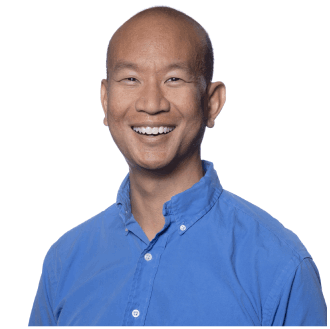
Ken Sutha, MD/PhD
Co-Chair
ken.sutha@stanford.edu
Dr. Ken Sutha, MD, PhD is a board certified pediatric nephrologist at Lucile Packard Children’s Hospital Stanford (LPCH) and Stanford University School of Medicine in Palo Alto, CA. He completed his undergraduate degree at Yale University and MD/PhD training in Biomedical Engineering at Emory University and Georgia Institute of Technology before pursuing residency in pediatrics at the University of Washington and Seattle Children’s Hospital. He then moved to Stanford for his pediatric nephrology fellowship, where he has remained as faculty and now devotes his time to a combination of patient care, advocacy, and research.
In addition to his clinical duties at LPCH, which has performed the largest volume of pediatric kidney transplants in the US over the past 5 years, he serves on the LPCH Ethics Committee and National Kidney Foundation Transplant Advisory Committee, as well as on the board of the American Living Organ Donor Fund. He is also co-chair of the Stanford Medicine Alliance for Disability Inclusion and Equity and volunteers as a Donate Life Ambassador for Donor Network West. Additionally, he has been recognized nationally for his advocacy as the 2019 American Kidney Fund Hero of Hope and for his research as an American Society of Nephrology Jared J. Grantham Research Scholar.
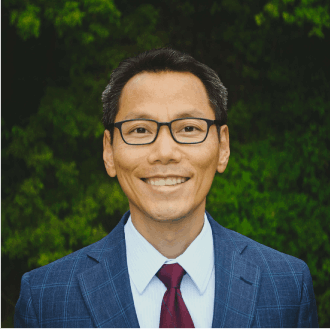
Joseph Kim, MD, MPH, MBA
Co-Founder and Faculty Advisor
mdjoekim@gmail.com
Dr. Joseph (Joe) Kim, MD, MPH, MBA is the founder of the Society for Physicians with Disabilities (SPD), a group within the Society for Healthcare Professionals with Disabilities. He began SPD as a social enterprise in 2010. The mission of SPD is to foster an online supportive community and to freely provide disability-related resources and tools that are relevant for healthcare professionals, students, family members, and friends. When the mutual mentorship program began in 2021, SPD was able to offer this program to its membership base and invite students, residents, and physicians from across the country. Dr. Kim holds a BS in engineering from MIT, an MD from the University of Arkansas for Medical Sciences (UAMS), an MPH from UMass Amherst, and an MBA from St. Joseph’s University.
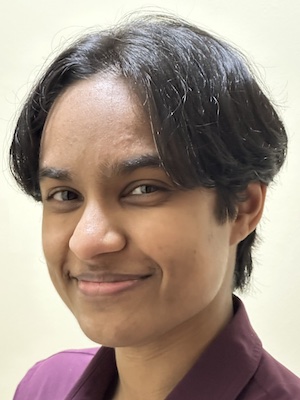
Suchita Rastogi, PhD
Co-Founder and Executive Director
MD/PhD student
srastogi@stanford.edu
Dr. Suchita Rastogi is an MPH student at the University of Illinois at Chicago and a clinical phase MD/PhD student at Stanford University. A basic scientist by training, she spent her dissertation years using single cell RNA sequencing to examine how the microscopic brain parasite Toxoplasma gondii hijacks host cells without infecting them. A mentor at heart, she has 10 years of experience in science and medical education. Her lived experience navigating college, graduate school, and medical school with multiple chronic illnesses inspired her to advocate for her medical school classmates with disabilities, pivot into disability scholarship, and join the SMADIE Board of Directors. In 2021, she co-founded the Disability in Medicine Mutual Mentorship Program (DM3P) to provide mentorship and community for disabled clinicians and trainees. Running DM3P has and continues to be her most meaningful accomplishment. Outside of her academic work and advocacy, she enjoys meditation, embroidery, watercoloring, singing, and finding ways to make her family and caregivers laugh.
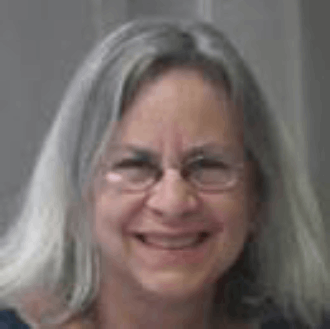
Daychin Campbell
Administrator
daychin@stanford.edu
Daychin Campbell is on the Board of Directors of SMADIE and works in the Department of Obstetrics & Gynecology as the Education and DEI Projects Coordinator. She came to SMADIE and to DM3P to help fulfill her mission to integrate disability into the Diversity, Equity and Inclusion space.
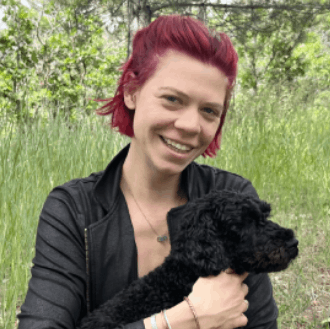
Zoey Martin-Lockhart
Co-organizer
Anthropology PhD Candidate, Epidemiology MS Student
zmarti6@uic.edu
Zoey is a PhD Candidate in cultural anthropology and an MS Epidemiology student at the University of Illinois at Chicago. Her dissertation explores the advocacy, educational, and community-building work of disabled medical students and doctors who are pushing for greater disability inclusivity in biomedicine. This ethnographic research is multi-sited across social and digital media (e.g. Twitter and #MedTwitter, podcasts, and video or voice conferencing) and the physical world, and thus inquires into the nexus of online and offline medical culture and knowledge production. She is the curator and co-host of the Research and Resource Rounds Podcast from the Docs With Disabilities Initiative.
Previously, Zoey lived and did research in India, looking at mental health among queer communities there—in part thanks to a Fulbright-Nehru Student Research grant.
Zoey is on Twitter/Mastodon (@Zoey_beta) and on IG (@Zoey__beta); she sees herself as always a “beta” version, a work in progress.
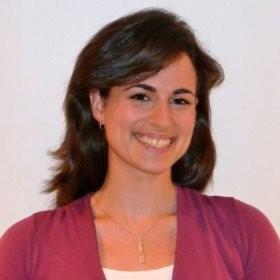
Amanda Taus, MS
Co-Organizer
Amanda C. Taus, M.S. is an experienced biosciences instructor and DEI facilitator. Her recent work includes modules on the Neurobiology of Trauma for Boston Medical Center’s Sexual Assault Nurse Examiner program, Confronting Exclusion in Research for Tufts’ Clinical and Translational Science Institute (CTSI), and community facilitation for the Museum of Science (Boston) town hall series on Covid-19 vaccine hesitancy and equity.
Amanda received her M.S. from Tufts University School of Medicine and completed her thesis in Neurology and Biostatics at Dartmouth-Hitchcock Medical Center. At Tufts, Amanda graduated top of her class and received awards both for academic achievement and for service leadership. Amanda earned her B.A. in Biochemistry from Smith College with both Latin and departmental honors. Her thesis was on mechanisms of immune system evasion by causative agents of lymphatic filariasis. Amanda received the Wemple prize for Excellence in Immunology and Microbiology, was inducted into Sigma Xi, and was repeatedly recognized as a scholar-athlete, earning Academic All-American in both Rowing (NCAA) and Ice Hockey (ACHA).
Academically, Amanda is interested in mechanistic biochemistry and the establishment of transcription factor gradients as relates to cell determination, wound healing, and dysplasia; as well as the use of patient-reported outcomes and patient global impression of benefit to bridge the space between “what is the etiology?” and “what will make this better?”
In organizing and DEIJ/B work, Amanda is interested in how to support allyship and inter-group collaboration in ways that honor unique histories while envisioning shared futures. And how leveraging the unique insights of disabled and chronically-ill healthcare providers can make healthcare more accessible for every patient. Even after several years working with anti-racism voting rights groups and organizing in Jewish and LGBTQ+ spaces, Amanda confesses she did not realize how often disability was overlooked and is grateful for the opportunity to bring her politics and organizing experience to DM3P.
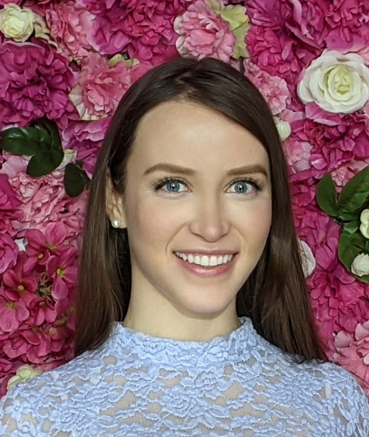
Patricia Celan, MD
Webmaster
Dr. Patricia Celan received her MD at the University of British Columbia in Vancouver, BC, Canada. She is currently in postgraduate residency training at Dalhousie University in Canada, studying psychiatry and with a goal of becoming a trauma therapist. She is proud to support and mentor medical trainees with disabilities worldwide as part of her community involvement. She received the Dr. World Productions’ Community Leader of the Year Award in 2023. In her free time, Dr. Celan enjoys hot yoga, travel, singing, watching movies, and spending time with animals, especially her twin cats Fred & George.
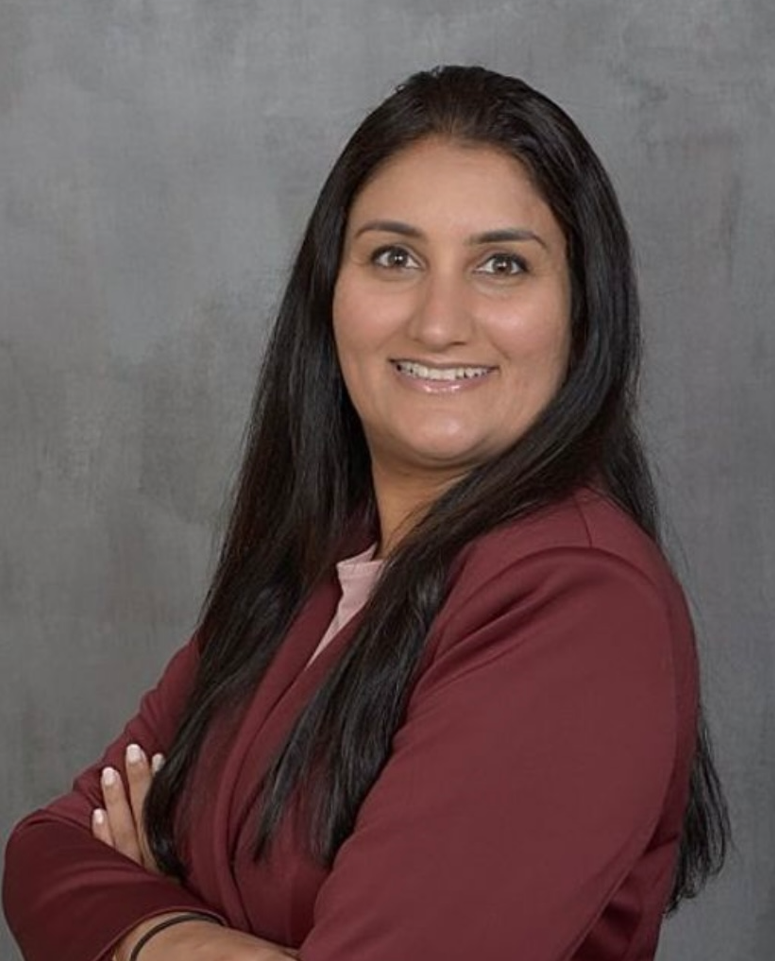
Ritu Bhardwaj
Ritu’s bio is coming soon!
Acknowledgements
This program was jointly founded by:
This program is funded by:
Stanford Medicine Educational Technology (2023)
Stanford Teaching and Mentoring Academy (2022)
Stanford Medicine Alliance for Disability Inclusion and Equity (SMADIE)
